Increased competition, 9% drop in fall 2020 enrollment, no increase authorized by Board accounts for expected loss; College nevertheless will make its $85 million dollar 2021-2022 budget balance
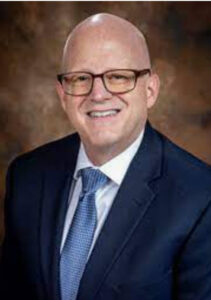
Dr. Clint Ewell
The Yavapai Community College Administration explained to the District Governing Board while discussing the budget that it anticipated a one million dollar drop in student tuition and fees in the 2021-2122 academic year. Dr. Clint Ewell, Vice President of Finance and Administrative Services, explained some of the reasons for the drop in a letter to the District Governing Board and the citizens of Yavapai County.
He wrote, in part:
Community college enrollments have declined since the depth of the Great Recession of 2011. Typically, as the unemployment rises, displaced workers seek out community colleges to upskill, causing an increase in enrollments. Recently, this trend has begun to be compounded by a shrinking demographic of traditional 18-22 year old, due to a decline in birthrates during the Great Recession. The pandemic displaced many workers, but it also forced colleges to move to online delivery of courses. Not all students were willing or able to make this transition. So even though we hit record highs in unemployment, Fall enrollments declined by 9%.
In Arizona, the decline in enrollments reduces how much public money (eg. property taxes) the College is allowed to spend according to Arizona Constitutional Expenditure Limits.
With the advent of the approved vaccines this Spring, YC believes enrollments will rebound this Fall; however, the College has begun making plans should further reductions in spending become necessary.
In Arizona, the decline in enrollments reduces how much public money (eg. property taxes) the College is allowed to spend according to Arizona Constitutional Expenditure Limits.
With the advent of the approved vaccines this Spring, YC believes enrollments will rebound this Fall; however, the College has begun making plans should further reductions in spending become necessary.
A second challenge has to do with increasing competition. The advent of technology has created more online competitors, both non-profit and for-profit. The pandemic forced virtually all colleges and universities online this past year, further accelerating this trend.
Finally, our Strategic Planning process identified several ways in which student and employer needs and wants have been changing. The College is creating new initiatives needed to address these changes and allow YC to remain relevant in the education marketplace.
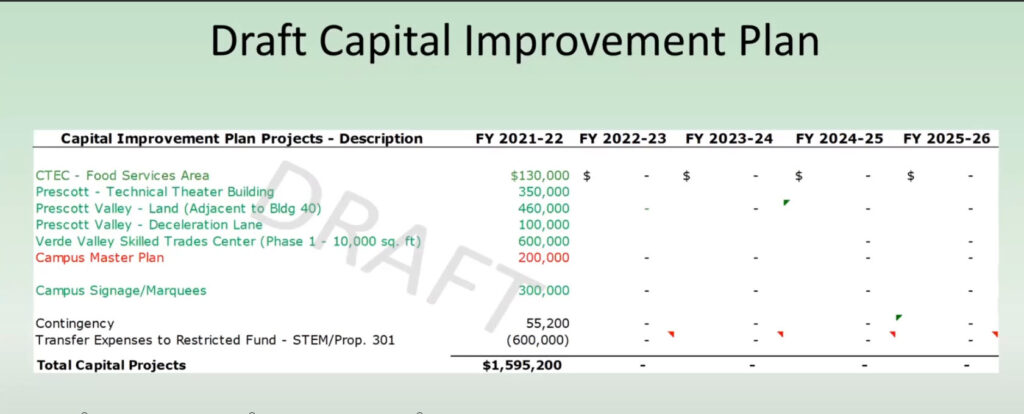
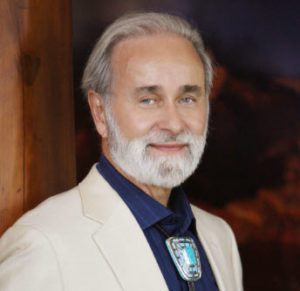
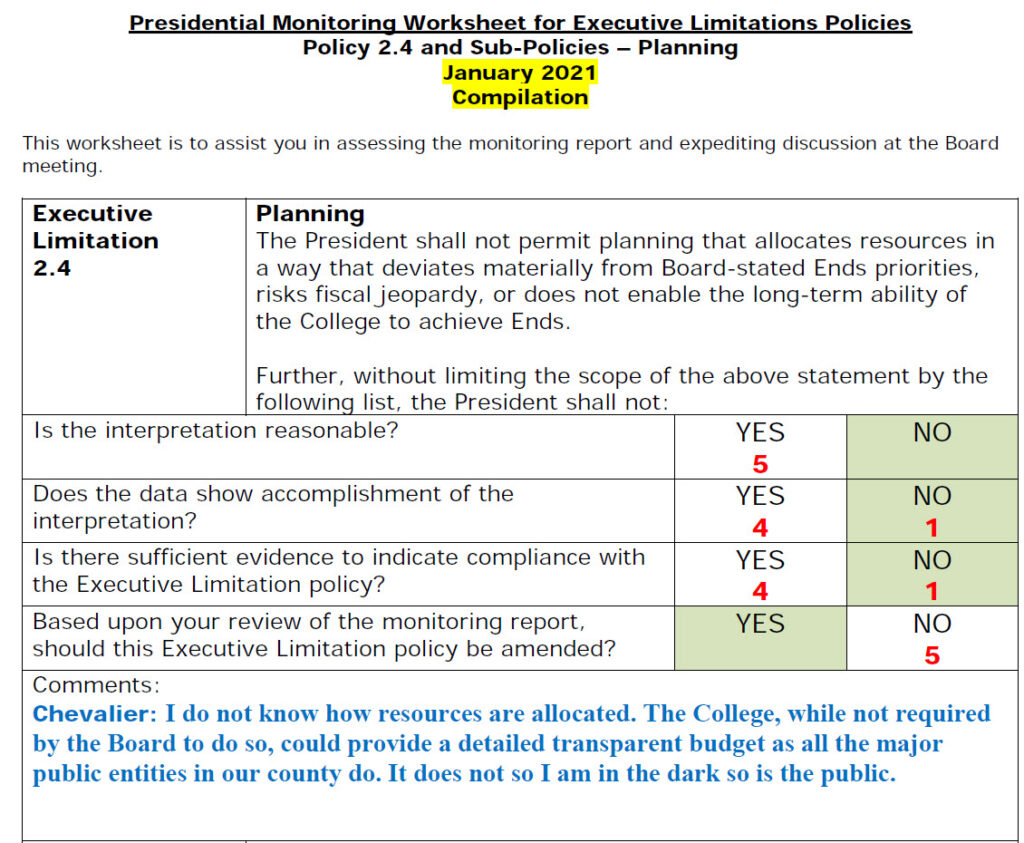
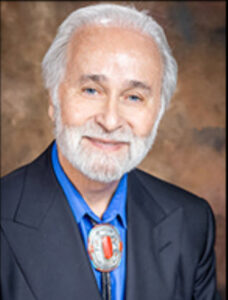
 An open letter to the public in which Third District Representative Paul Chevalier expressed his view that the Community College budgeting process should be more transparent ruffled the feathers of some members of the District Governing Board. The letter, a copy of which was published by this Blog July 21, 2020, caused Governing Board Chair, Deb McCasland to draft a response that was adopted in a 4-1 vote.
An open letter to the public in which Third District Representative Paul Chevalier expressed his view that the Community College budgeting process should be more transparent ruffled the feathers of some members of the District Governing Board. The letter, a copy of which was published by this Blog July 21, 2020, caused Governing Board Chair, Deb McCasland to draft a response that was adopted in a 4-1 vote.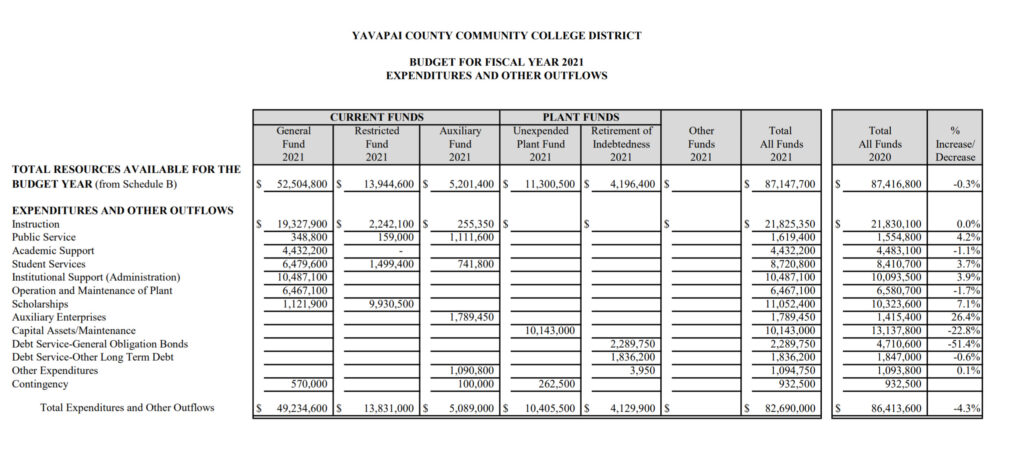

 The draft maintenance budget for 2020-21 was unveiled at the March Community College District Board meeting. In total, the College will spend about $5 million in maintenance projects in the District. Almost all of the maintenance will occur on the Prescott Campus.
The draft maintenance budget for 2020-21 was unveiled at the March Community College District Board meeting. In total, the College will spend about $5 million in maintenance projects in the District. Almost all of the maintenance will occur on the Prescott Campus. The Yavapai Community College Governing Board unanimously approved the budget for the 2020 academic year at its meeting May 14. This was the last meeting for three months of the Board.
The Yavapai Community College Governing Board unanimously approved the budget for the 2020 academic year at its meeting May 14. This was the last meeting for three months of the Board.